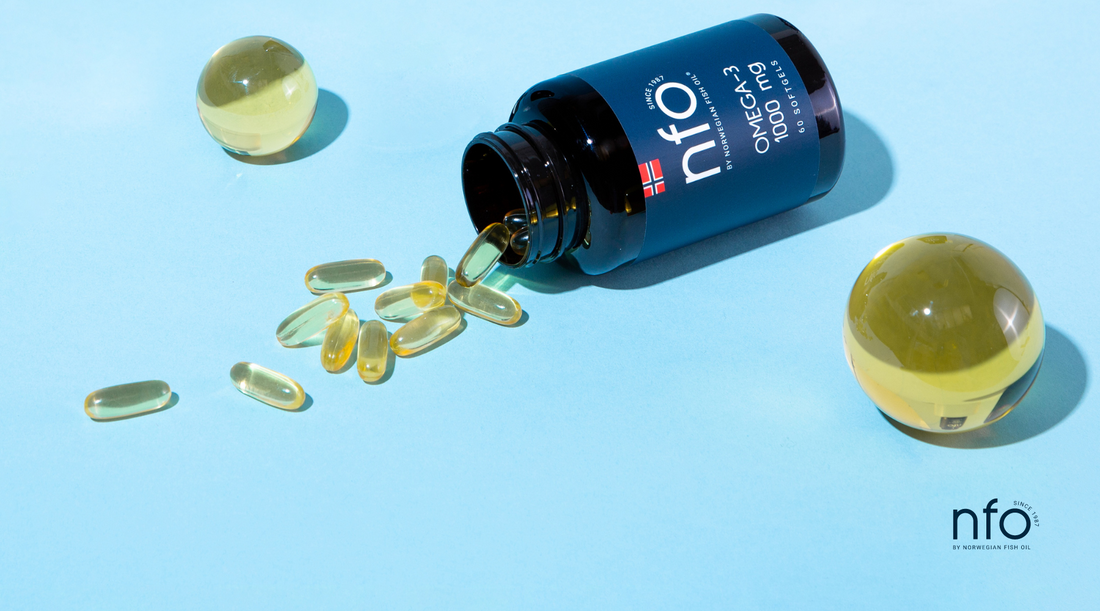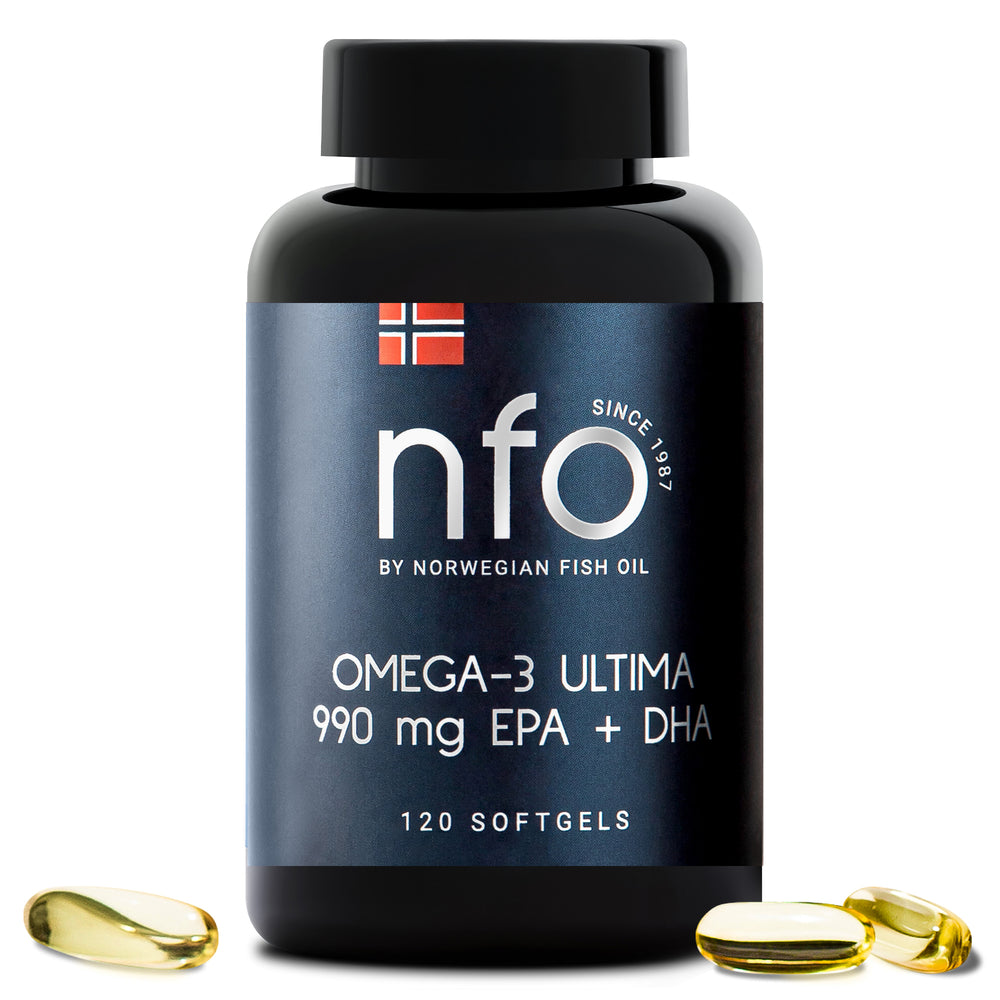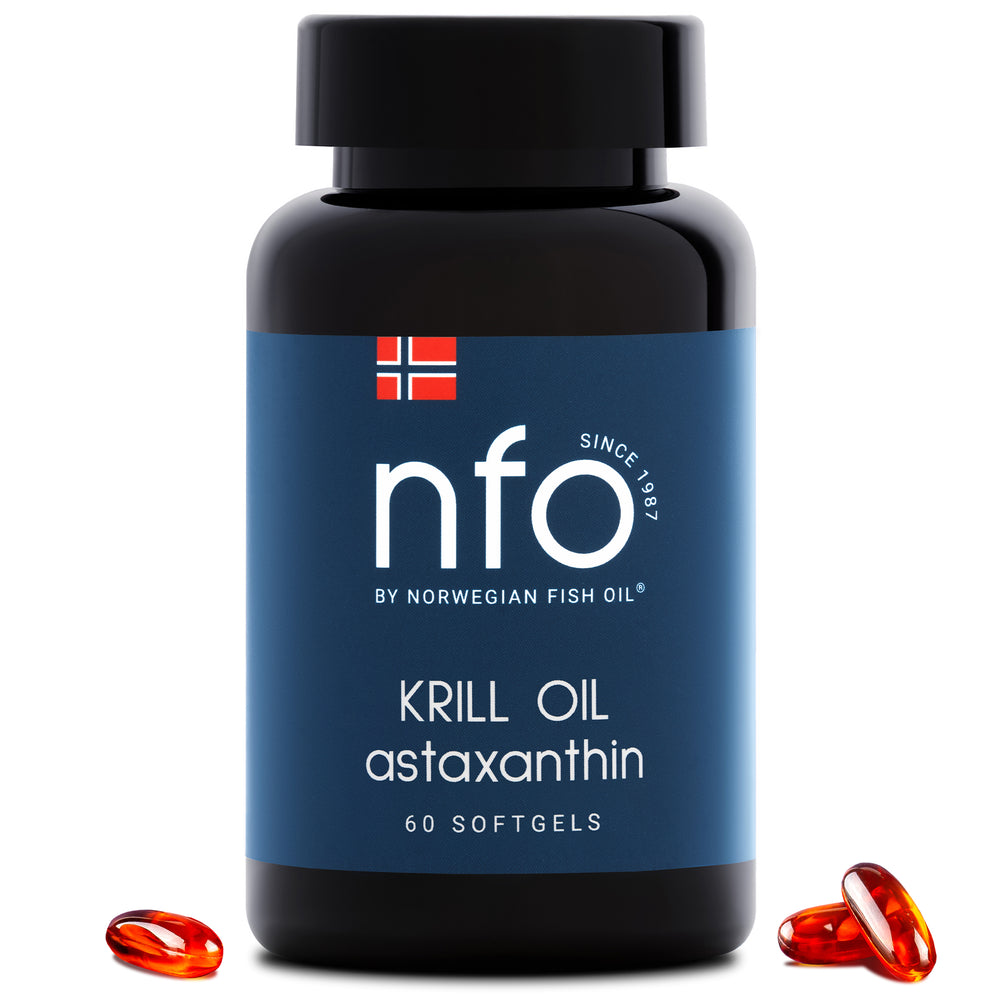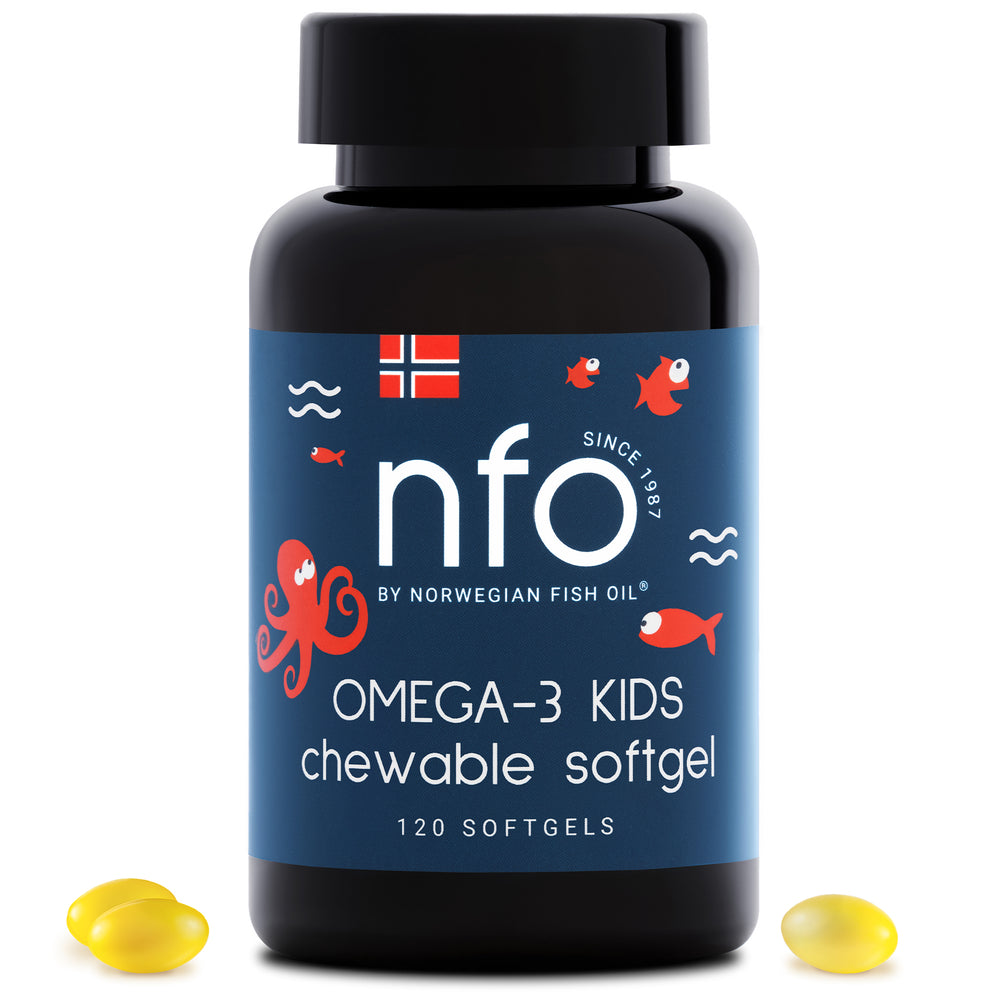
In den letzten Jahren wurde die Qualität und Reinheit von kommerziellen Fischölprodukten besonders durch den Fokus auf den Total Oxidation (TOTOX)-Wert ins Rampenlicht gerückt. Dieses Maß ist zu einem zentralen Thema in Diskussionen über die Sicherheit und Wirksamkeit von Fischölpräparaten geworden, die weltweit wegen ihres hohen Gehalts an Omega-3-Fettsäuren konsumiert werden. Diese sind bekannt dafür, die kardiovaskuläre Gesundheit zu fördern, Entzündungen zu reduzieren und kognitive Funktionen zu unterstützen (Smith et al., 2020).
Was ist TOTOX?
Der TOTOX-Wert ist ein analytischer Parameter, der verwendet wird, um das Ausmaß der Oxidation in Ölen, einschließlich Fischöl, zu bewerten. Er wird berechnet, indem die Werte der Peroxid- und Anisidintests kombiniert werden, die primäre bzw. sekundäre Oxidationsprodukte messen. Ein niedriger TOTOX-Wert weist auf ein frischeres, weniger oxidiertes Öl hin, das für den Verzehr vorzuziehen ist. Oxidation ist ein natürlicher Prozess, der nicht nur das Öl verschlechtert, sondern auch dessen Nährwert mindern und zur Bildung potenziell schädlicher Verbindungen führen kann (Jones, 2018).
Die Bedeutung der Oxidationsstabilität bei Fischöl
Fischöl ist aufgrund seines hohen Gehalts an mehrfach ungesättigten Fettsäuren (PUFAs) besonders anfällig für Oxidation. Wenn Fischöl oxidiert, kann dies zur Entwicklung von Fehlgeschmack, Gerüchen und – noch bedenklicher – zur Entstehung von oxidativen Nebenprodukten führen, die bei langfristigem Verzehr gesundheitliche Risiken bergen können. Die oxidative Stabilität ist daher ein entscheidender Qualitätsparameter für Fischölprodukte und beeinflusst sowohl deren gesundheitlichen Nutzen als auch sensorische Eigenschaften (Brown und Jacobs, 2019).
Kontroversen und Bedenken
Die Kontroverse um TOTOX-Werte bei kommerziellem Fischöl dreht sich in erster Linie um die Transparenz und Genauigkeit der von Herstellern angegebenen Oxidationswerte. Es bestehen Bedenken hinsichtlich der potenziellen gesundheitlichen Auswirkungen des Konsums von oxidiertem Fischöl, das die positiven Effekte der Omega-3-Fettsäuren zunichtemachen könnte.
-
Mangelnde Standardisierung: Es gibt keinen weltweit anerkannten Standard für TOTOX-Werte in Fischöl, was zu unterschiedlichen Qualitätsstandards bei verschiedenen Produkten und Herstellern führt. Diese Inkonsistenz erschwert es Verbraucher:innen, fundierte Entscheidungen zu treffen (Williams, 2017).
-
Marketing versus Realität: Manche Hersteller geben den Oxidationsstatus ihres Fischöls nicht vollständig an oder behaupten niedrigere TOTOX-Werte, die nicht dem Zustand des Produkts zum Zeitpunkt des Verzehrs entsprechen. Diese Diskrepanz kann auf unzureichende Testmethoden oder Veränderungen der Ölqualität während Lagerung und Transport zurückzuführen sein (Taylor, 2020).
-
Regulatorische Aufsicht: Die Nahrungsergänzungsmittelbranche, einschließlich Fischölprodukte, unterliegt oft weniger strengen regulatorischen Kontrollen als die Pharmaindustrie. Dieses lockere Umfeld kann zu Qualitäts- und Sicherheitsunterschieden führen, wobei einige Produkte auf dem Markt höhere TOTOX-Werte aufweisen, als gesundheitlich vertretbar wäre (Davis und Miller, 2021).
Gesundheitliche Auswirkungen hoher TOTOX-Werte
Der Konsum von oxidiertem Fischöl kann zu verschiedenen negativen gesundheitlichen Effekten führen. Oxidationsprodukte können im Körper oxidativen Stress auslösen, was zu Zellschäden und Entzündungen beiträgt. Die langfristige Einnahme von stark oxidiertem Fischöl könnte chronische Erkrankungen wie Herzkrankheiten und Arthritis verschlimmern und damit die eigentlichen Ziele der Einnahme solcher Supplements untergraben (Lee und Kim, 2018).
Der Weg nach vorn
Um die mit hohen TOTOX-Werten bei Fischöl verbundenen Probleme zu minimieren, können verschiedene Maßnahmen ergriffen werden:
- Verbesserte Branchenstandards: Die Einführung klarer, allgemein anerkannter Richtlinien zur Messung und Angabe von TOTOX-Werten könnte die Qualität von Fischöl standardisieren (Smith et al., 2020).
- Bessere Verbraucheraufklärung: Wenn Verbraucher:innen über TOTOX und dessen Bedeutung informiert werden, können sie bessere Entscheidungen beim Kauf von Fischölprodukten treffen (Jones, 2018).
- Verbesserte Tests und Transparenz: Wenn Hersteller strengere Testmethoden anwenden und ihre Ergebnisse transparent machen, würde dies die Produktqualität und das Vertrauen der Verbraucher:innen stärken (Williams, 2017).
Fazit
Obwohl Fischöl weiterhin für seine gesundheitlichen Vorteile gefeiert wird, macht die Debatte um TOTOX-Werte deutlich, dass mehr Transparenz und strengere Qualitätskontrollen in der Branche notwendig sind. Durch die Behebung dieser Probleme kann der Markt den Verbraucher:innen besser zusichern, dass die von ihnen konsumierten Fischölpräparate nicht nur wirksam, sondern auch sicher sind. Während die Forschung die Komplexität der Fischöl-Oxidation weiter entschlüsselt, ist es entscheidend, dass sowohl Hersteller als auch Aufsichtsbehörden Standards anpassen und durchsetzen, die die Gesundheit der Verbraucher:innen schützen (Davis und Miller, 2021).





